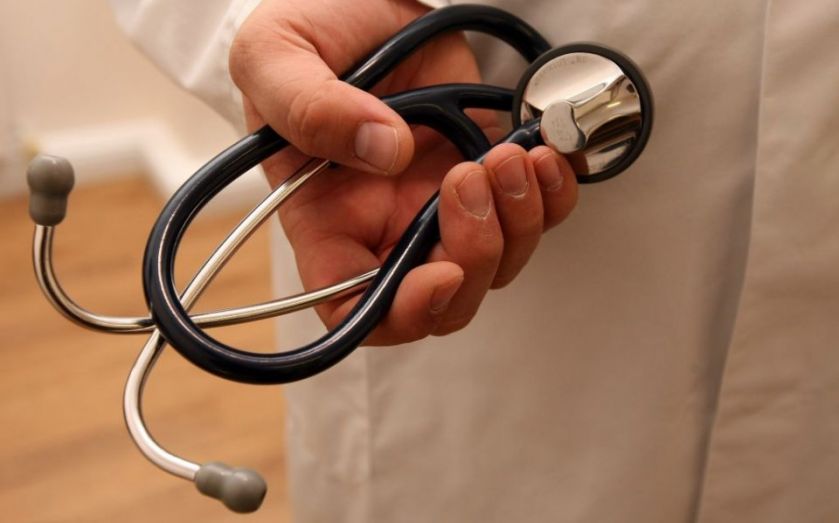Crowdfunding could transform healthcare through innovative disease diagnosis and new treatments

Crowdfunding provides a unique opportunity for the development of innovations that might otherwise fall by the wayside – between the government and private companies, there is simply not enough money available to turn all promising ideas into a reality.
The merits have already been shown across a range of industries – over the last few years, online funding through donations has brought an estimated £1.74bn to the UK's financial businesses alone.
But in healthcare, where digitisation has been slower than in most industries, crowdfunding could prove particularly transformational. Last year, the UK's National Information Board made a series of announcements emphasising how healthcare has found it more difficult to take advantage of digital technology than banking, travel or even the tax man.
At the moment there are thousands of technologies and medications waiting for funding, which have the potential to make patient diagnosis and treatment faster and more effective.
Not only that, but some currently unexplained disorders could be understood if enough money was provided for genome sequencing. The study of so-called “rare diseases”, which affect fewer than one in 200,000 people across the world, infrequently receives funding from the government.
Crowdfunding seems an ideal solution, and yesterday's news that researchers in Israel used it to identify the genetic cause of a young girl's disorder emphasises this.
Diagnosis through donations
By sequencing the genomes of the three-year-old and her direct family members, Dr Naom Shomron and his colleagues at Tel Aviv University found that a specific mutation in her DNA caused her top have involuntary eye movements, involuntary muscle contraction and progressive neurological decline.
“By travelling through the complete human genome, we are able to locate, map, and analyze mutations involved in triggering certain rare diseases,” explained Shomron.
The technique he used, called whole exome sequencing (WES), costs around $1,500 (£985) per individual to complete, and since her her parents had to be sequenced as well, the price of the project came to $4,500 (£2,954).
Due to the high expense, Dr. Shomron had to raise the necessary funds from individual donors over the Internet, and in the end the Rare Genomics Institute proved to be a successful platform for this:
Crowdfunding provides the means for economically disadvantaged patients to pursue a genetic diagnosis for their ailment. Our project reached its financial goal of $5,000 within 50 days. We were pleased, to say the least. Crowdfunding is a simple and efficient solution for families with rare genetic diseases who lack private or outside funding sources.
Dedicated to healthcare
In order to help people like Shomron carry out their projects, a number of crowdfunding sites dedicated exclusively to healthcare have been set up. Among them is TheBioCrowd, which aims to make it easier for small and early stage healthcare companies to bring a treatment to market.
Udy Onwudike, chief executive of the site, says he set it up because the world of healthcare investment is “so competitive”:
“Investors are bombarded with offers and many great companies with fantastic business plans, great teams and a strong clinical product get lost in the crowd,” he writes on the site.
Due to the fact that until a treatment has been deemed to be clinically safe it cannot be administered to patients, the key problem that these companies face is that they have limited sources of incoming revenue until they have a treatment approved and selling on the open market, something that we are aiming to change.
Other sites set up just for medical crowdfunding include MedStartr and HealthTechHatch. Many of them are already doing very well – an average project on MedStartr's website raises more than $13,000 immediately and more than $405,000 (£266,000) in the following six months, according to Information Week.